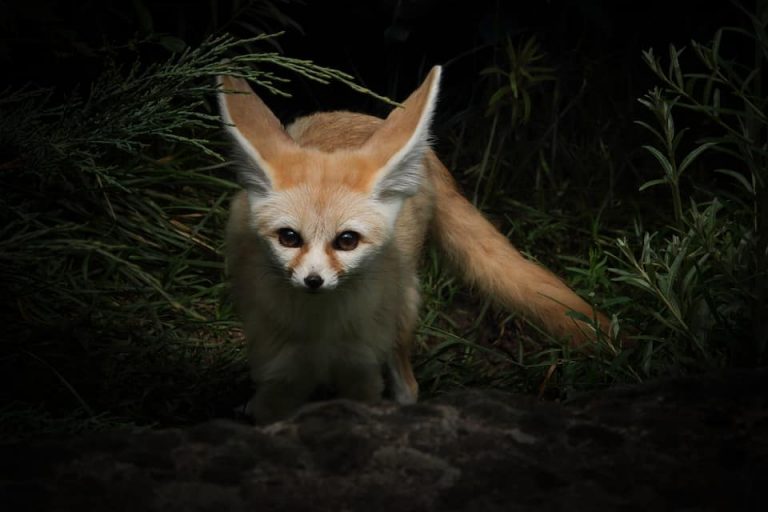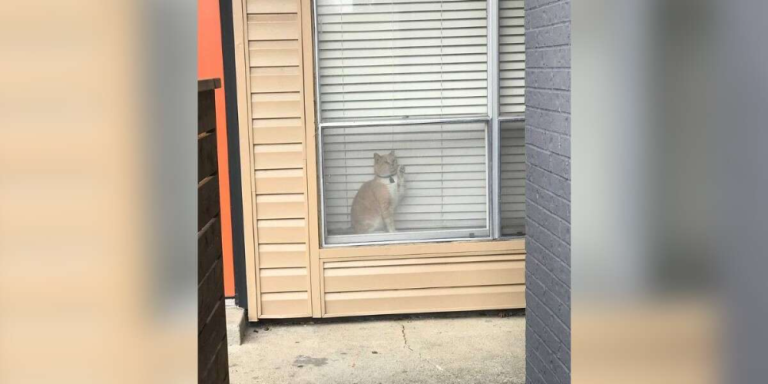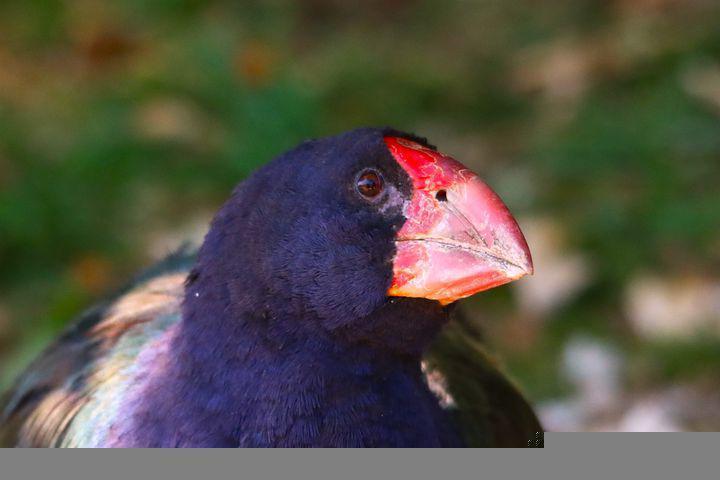How to Know If Your Rabbit is Happy
Pet rabbits are adorably charming and cuddly. The idea of distressing or frightening a rabbit is too upsetting for most people. If you give your rabbit the attention and care it needs, it will be a contented pet. Paying close attention to your rabbit’s activity and behavior is another way to verify its contentment.
In this piece, we will discuss the top five indicators of a contented bunny. A healthy and content rabbit exhibits these five characteristics. Come on, in.
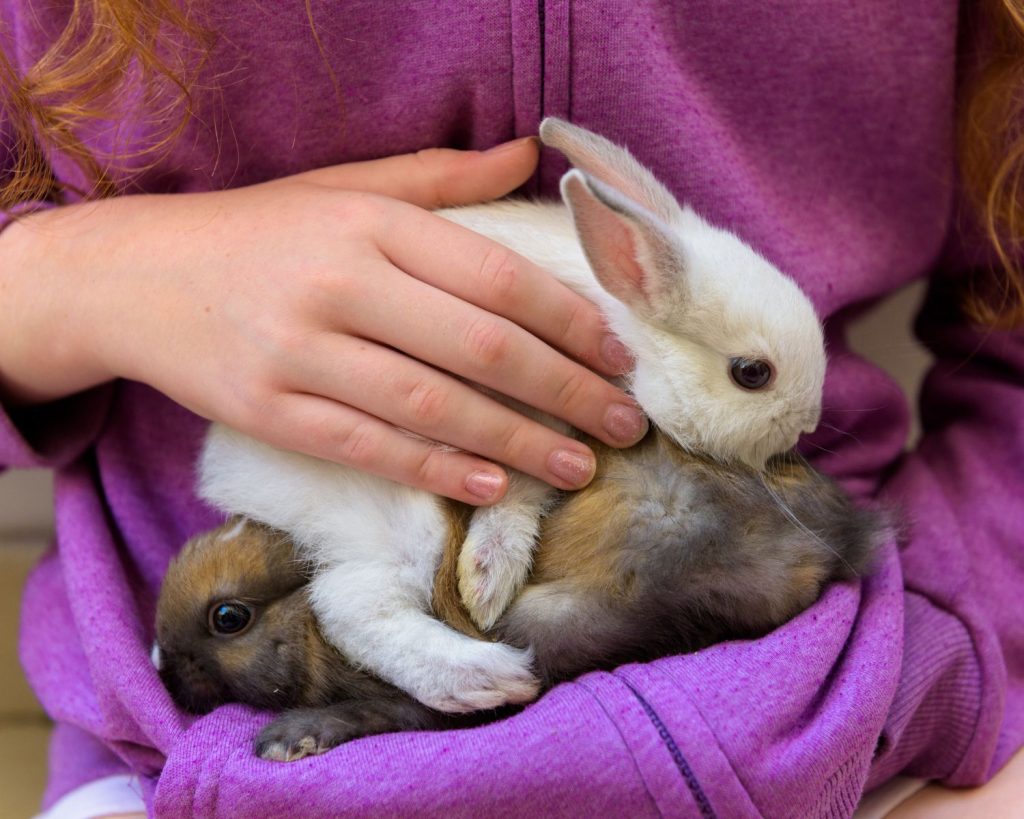
One who is calm and healthy might be said to have a bunny that is pleased. Your rabbit will be miserable if he or she is sick or injured. Similarly, if he is always worried or scared, he will not be content. The best way to guarantee your rabbit’s contentment is to provide a healthy, stress-free environment for it to live in.
In this section, you will discover the five characteristics of a content bunny. Your rabbit appears to be healthy, happy, and at peace, if you observe any of these symptoms.
He’s calm now.
To put it simply, rabbits are naturally vulnerable. This makes them vulnerable to stress and fright. Rabbits are easily frightened, even by individuals they know and trust. If your rabbit is calm and content, you know he is doing well.
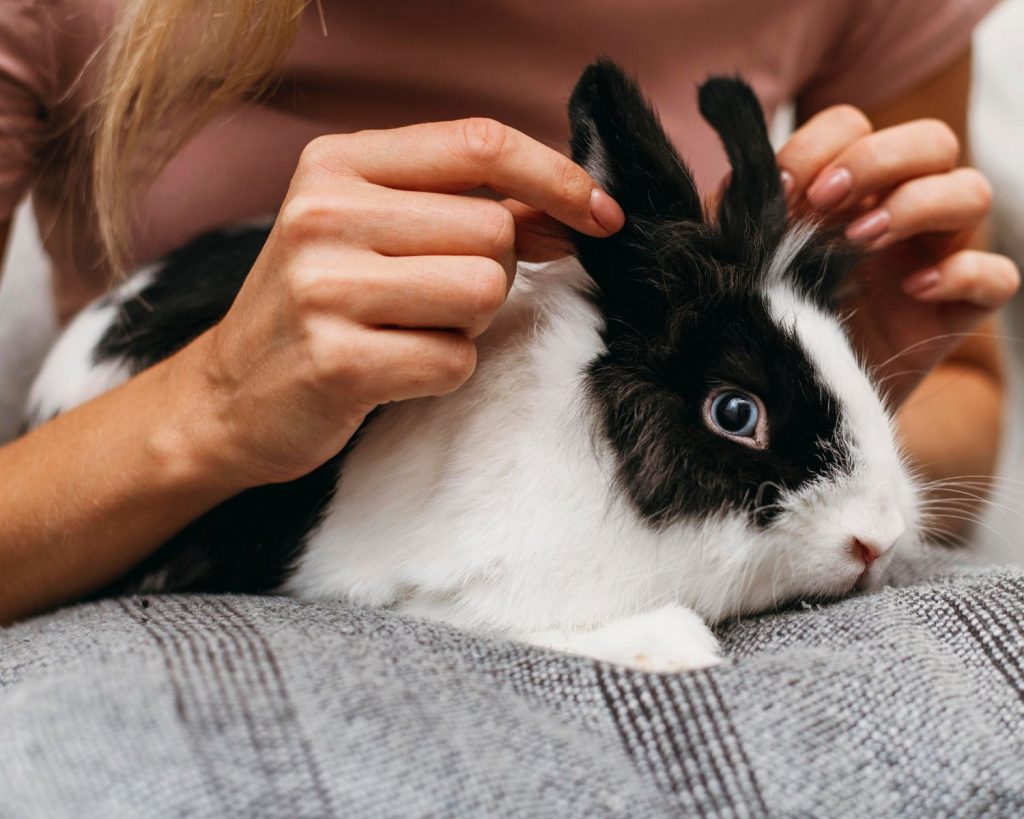
Your rabbit’s body language will indicate whether or not he is at ease. For example, if your rabbit is resting down or seems comfortable, he is not anxious. To the same extent, a contented rabbit is one that can leap with both feet in the air.
READ MORE: In honor of his cat, here are 20 retouched photos of bushes
The disposition of a relaxed bunny is often one of peace and tranquility. Only an anxious or frightened rabbit will make a lot of noise. Similarly, a tight or jerky rabbit is probably unhappy and agitated.
He wants to know everything
Even though rabbits are very calm and relaxed by nature, they are very curious. Rabbits like taking in their surroundings and observing what’s happening. A rabbit that is interested in its environment is likely to be well-nourished, mentally engaged, and content. Also, they are confident enough in themselves to stop looking over their shoulders at every turn.
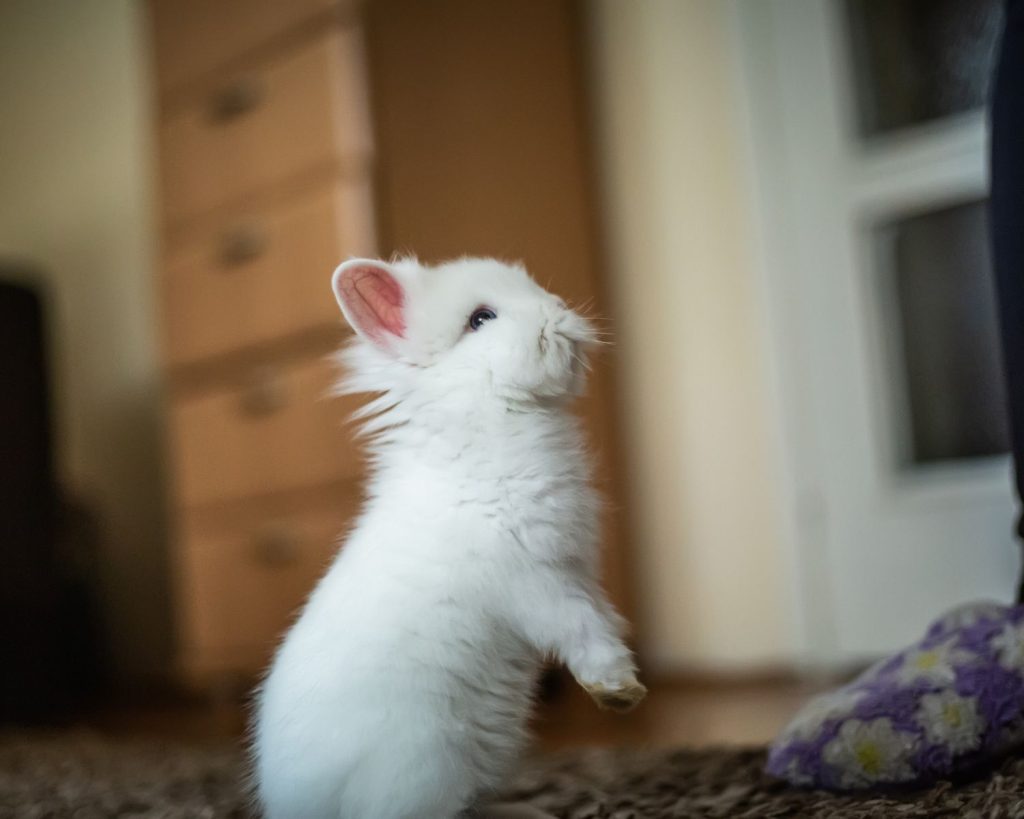
Illness or stress might cause your rabbit to withdraw its attention from its surroundings, making it impossible for it to be content. It’s possible that a sudden, loud noise is to blame for your rabbit’s sudden shyness, but it’s also possible that the rabbit is just afraid of you or anything else in its environment.
He enjoys a nice meal and will eat anything
Rabbits, like humans, like a good meal. Your rabbit will be in excellent spirits if his hunger needs are met. Rabbits who are both content and healthy have a voracious appetite and like sampling a variety of foods. Truth be said, rabbits have a constant need for nourishment. Your rabbit will be dissatisfied and you will know something is wrong if it stops eating.
If your rabbit’s eating habits suddenly change for the worse, you should take him to an exotic pet vet immediately. Such an occurrence is quite unusual for a rabbit and indicative of a major problem. Always keep in mind that a sick rabbit is a miserable bunny.
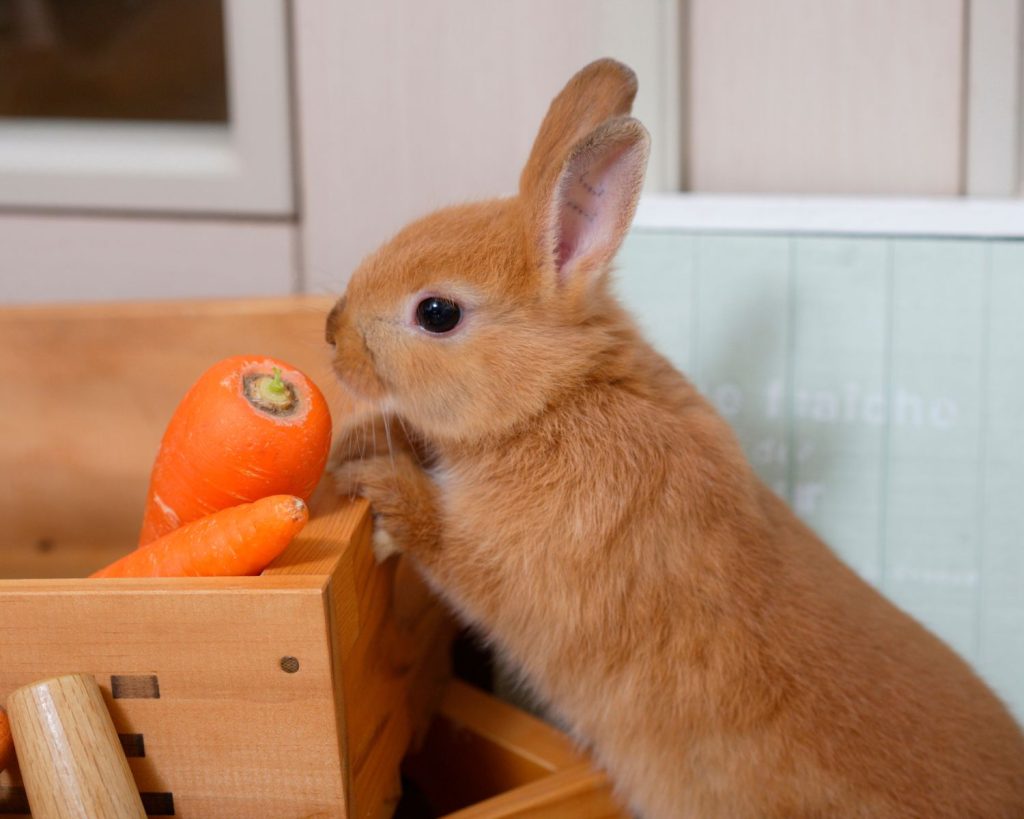
He is quiet yet busy
Like contented humans, rabbits tend to chill down when they’re enjoying life. Your rabbit should be docile, but he also has to be active. Ratty bunnies in good health will be curious, active, and social. Healthy, happy rabbits are busy bunnies.
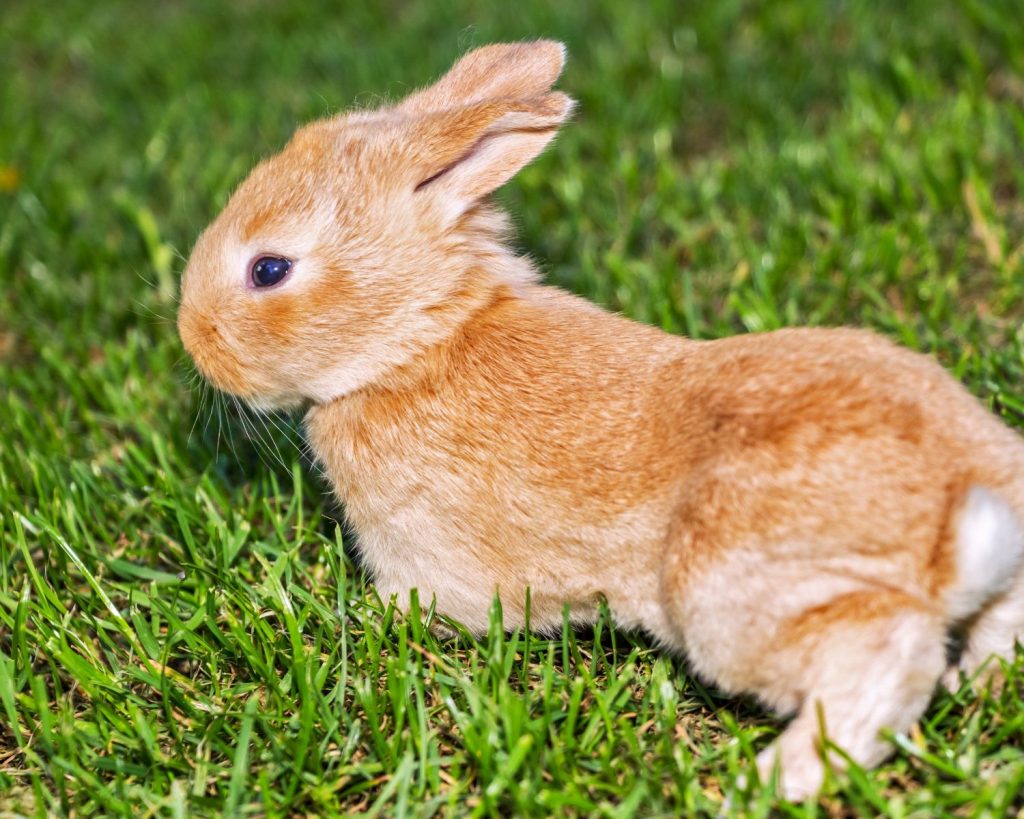
Behaviors like snoozing and being lethargic point to a rabbit that is uncomfortable and/or ill. Rabbits are active pets, so a sudden drop in activity level warrants a trip to the clinic. Lack of activity, like loss of appetite, is a sign that something is seriously wrong with your rabbit’s health.
There’s a joyful tone to his voice
The noises your rabbit produces are the most lovely indicator of its contentment. Rabbits emit a wide variety of noises, from soft purring to loud growling. The contentment of your rabbit may be ascertained by listening to the noises of a contented rabbit.
Sounds of contentment include clucking, purring, and sighing. When happy, rabbits express it with a cluck. The noise is particularly prevalent while the rabbit is resting or feeding. The rabbit could sigh if it’s finally able to unwind. When delighted, rabbits make that familiar cat purring sound.
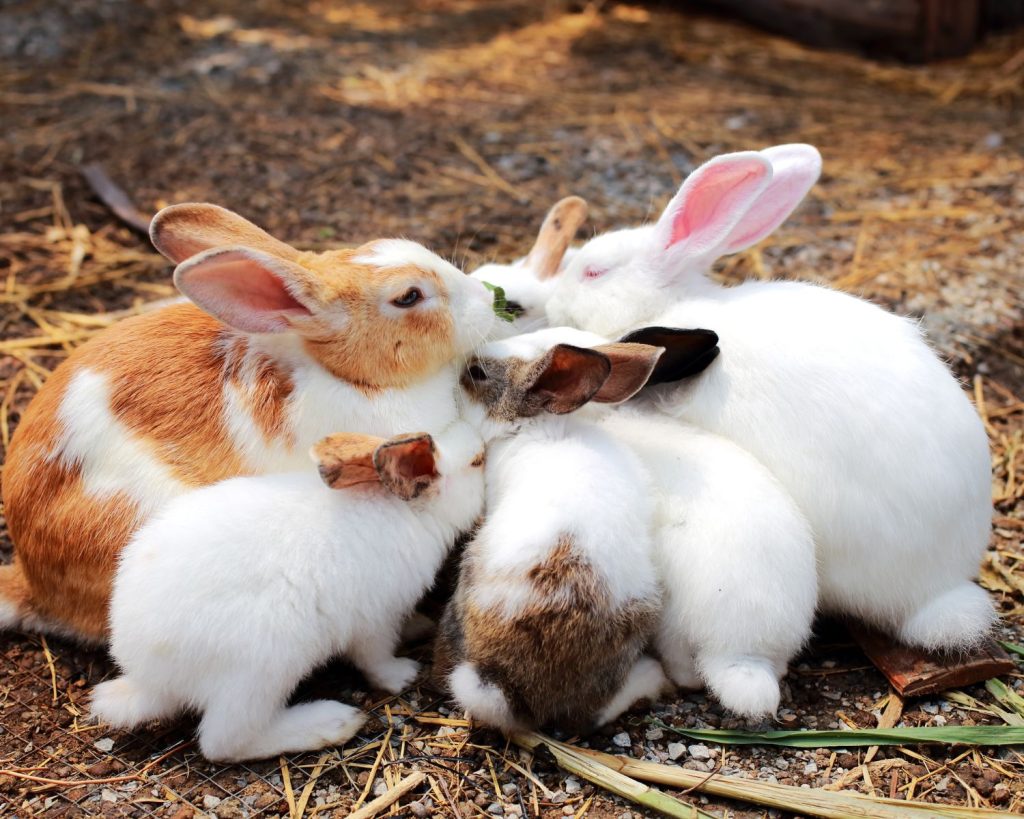
Rabbits make both joyful and mournful sounds. A dissatisfied rabbit will display behaviors such as growling, hissing, teeth grinding, squealing, screaming, and foot stomping. Many people mistake a cat’s gnashing of teeth for a purr. Listen carefully the next time you hear anything unusual.
There are additional sounds rabbits may produce than those of happiness or melancholy. When a guy wants to mate, he could make a grunting sound. When they are ill, they may also wheeze, sneeze, or cough. Indicators of illness indicate a sick rabbit, which needs prompt attention.


